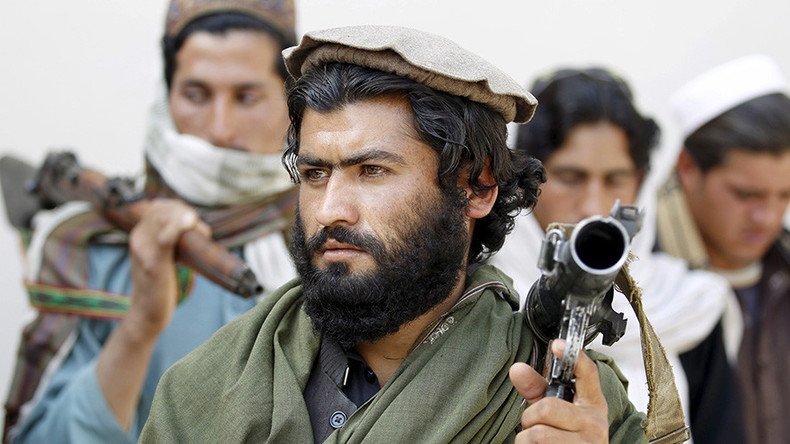Bitter irony: 'Trump talks about fighting extremism from birthplace of Wahhabism'

It’s ironic President Trump talked about fighting extremism and terrorism in Saudi Arabia, the center and the birthplace of Wahhabi Islam that has been responsible for most of the terrorism in the region, said Hamed Mousavi from Tehran University.
On Sunday, US President Donald Trump addressed leaders of 55 Muslim-majority countries who gathered for the Arab-Islamic American Summit in Saudi Arabia’s capital Riyadh.
RT: Trump repeatedly attacked Iran in his speech on Sunday and his secretary of state, Rex Tillerson says Washington is ready to support countries in the region in their conflicts with Iran. What does this mean for US-Iran relations?
#Trump should discuss avoiding ‘the likes of new 9/11’ while in Saudi Arabia – Iran FM https://t.co/3Sus03bWNPpic.twitter.com/yqZdnr9xEI
— RT (@RT_com) 21 мая 2017 г.
Hamed Mousavi: I think it is quite ironic that Donald Trump is talking about fighting extremism and terrorism at the center and at the birthplace of Wahhabi Islam that has been responsible for most of the terrorism in the region. In fact, Saudi Arabia Islamic madrasas in countries as such as Pakistan and Afghanistan have been responsible for the spread of terrorism in the region. Yet, he has the audacity to accuse Iran of supporting terrorism, whereas Iran is perhaps one of the very few countries in the Middle East that is fighting against ISIS today. That is not something that Saudi Arabia can claim, which has actually funded these groups and has been the ideological founders of groups such as ISIS and Al-Qaeda. Furthermore, Trump in Washington essentially is going to make life very difficult for Hassan Rouhani. Rouhani was just reelected on a mandate to promote moderation and pragmatism both at home and abroad. Nevertheless, with Trump in power, there is a real barrier in terms of the relation between Iran and the US.
#Trump & 55 Muslim-majority states sign pact pledging 34,000 troops to fight #ISIS in Iraq & Syria https://t.co/u2bt219GTdpic.twitter.com/pMc28YDHDa
— RT (@RT_com) 22 мая 2017 г.
RT: Trump has accused Saudi Arabia of funding terrorism in the past. Is everyone who gathered Sunday at that address in Riyadh able to look past that fact?
HM: Yes, this is a complete reversal from Trump’s own position. Not only did he accuse Saudi Arabia of terrorism and extremism during the campaign, he very bluntly said that Saudi Arabia was responsible for 9/11 and that Hillary Clinton should return the money the Saudis donated to the Clinton Foundation. Now he has become best friends essentially with them, making his first official foreign trip to Saudi Arabia. Aside from that and whether people will believe Trump or not, I think Trump is seen as very insincere in the sense that he hasn’t only changed his position regarding Saudi Arabia, he has also been quite hostile to both Muslims and Islam. He said during the campaign that Islam is the enemy of the US. He didn’t differentiate between the different kinds of Islam. Nevertheless, that was his position, and he also issued the visa ban first for seven Muslim-majority countries, then on six Muslim-majority countries, and today he is taking a different position. I think people will find it very difficult to accept his rhetoric basically.
The statements, views and opinions expressed in this column are solely those of the author and do not necessarily represent those of RT.












